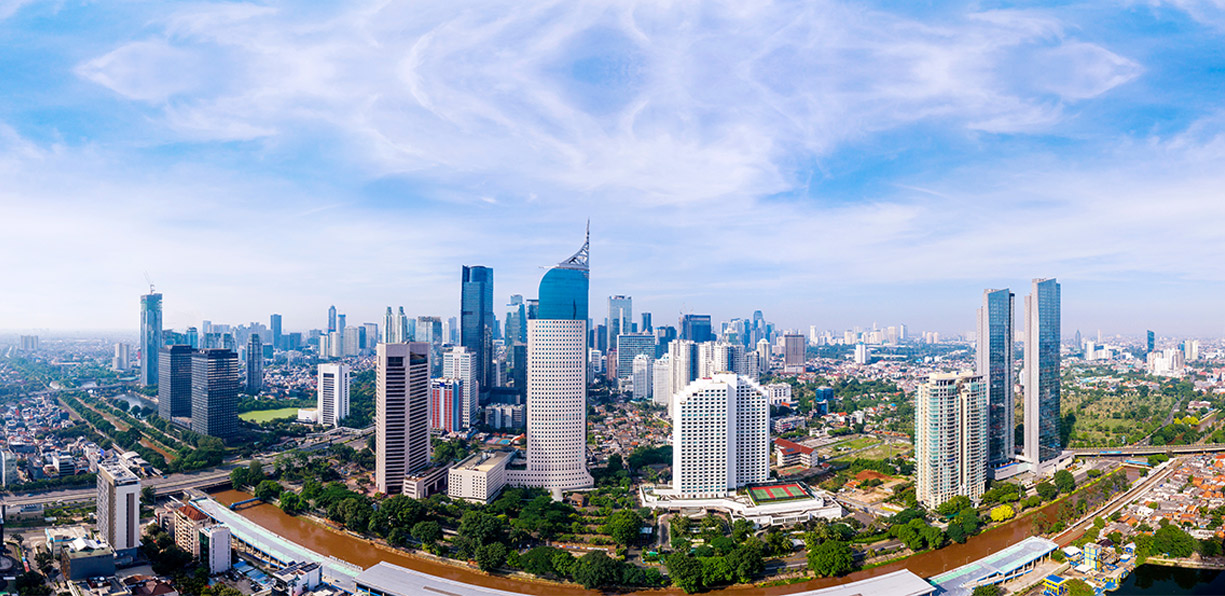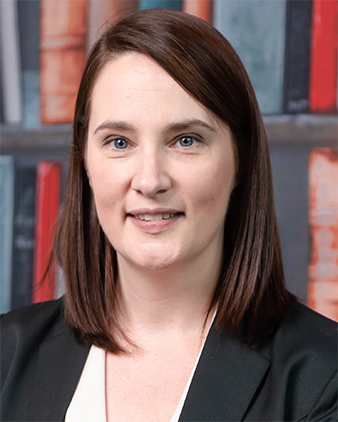-
- Back
-
- Back
-
- Back
- Back
- Back
Wellington College Independent School Jakarta
Enquire NowExplore

Founding Head of School's Message

Dear parents,
Please may we extend our warmest welcome to Wellington College Independent School Jakarta, a pioneering school combining the best of British and International education to create a child-centred, multilingual, multicultural, and inclusive learning experience.
Life in the Early Years is incredibly busy, full of rich, exciting and purposeful learning opportunities. We are looking forward to working alongside each and every parent in our community, creating a strong partnership to ensure that your child thrives during their time at the school.
We understand that a school experience is more than just academic success, and we value the holistic development of our children. Our aim is to sculpt independent, inquisitive, resilient and caring young people who are connected to the world. Through our school values of, ‘Kindness, Responsibility, Respect, Courage and Integrity', our children learn that together we can achieve more.
Our programs of learning, based on the Early Years Foundation Stage Framework, supports the goals and milestones throughout the crucial period of early childhood development. Offering authentic and purposeful experiences, each child will uncover their passions and interests within a uniquely designed, enabling environment.
No matter if your child is a ballerina, a bookworm, a coding crusader, or a football genius, our highly experienced faculty are here to ensure that each child fulfils their potential, and makes the most of every opportunity afforded to them. Our curricular and co-curricular opportunities promote excellence, and allow every child to have a truly bespoke learning pathway.
I am looking forward to our journey together.
Christine Haslett
Founding Head of School







